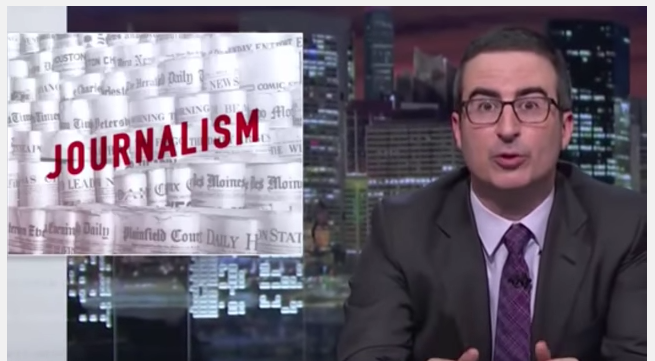I can reveal that NATO is making plans to invade the Internet and the US Military has already advanced operations online.
They are drawing up a strategy that includes a Miss America contest and a former BBC Defence Correspondent.
Leading NATO communications personnel from around the world gathered in Lisbon this week to hear how the WWW is the new ‘battlefield’ for hearts and minds.
Bear in mind that this is an organisation still reeling from the PR disasters that surrounded the Iraq invasion. They are currently struggling to explain the bitter and prolongued conflict in Afghanistan. Their brand has been so damaged that they have brought in a marketing guru from Coca Cola.
NATO is very serious about meeting the challenge of the new media environment. They are seeking to turn a fax-based military communications hierarchy into a Web 3.0 portal for persuasion and information. They realise that the next generation of people who will both literally join their ranks and provide political cover are getting their information and attitudes via the Internet. So NATO needs to be there, too.
The US military is already there. Colonel Rick Sims is Commander of the US Army Soldiers Media Centre. Rick is the sort of chisel-chinned pilot who stars in Tom Hanks movies. But he has now taken flight into cyberspace. He is very impressive. In a matter of months he has created a multi-media operation that uses blogs, magazines, online video and websites. He understands entirely the power of linking, networking and open source content creation. He describes Web 2.0 as his ‘battlespace’. I fear for the enemy.
With only 16 staff he has effected a revolution in US army attitudes to online communications. And it is risky for a military organisation. People could die if they don’t communicate within the Rules Of Engagement. But apart from that caveat he believes that you have to be truthful online. If that means soldiers saying that service ‘sucks’, then so be it. He understands that the best online propoganda is authentic. He accepts that means publishing Abu Ghraib as well as the story of GI Jill who competed in Miss America (no really).
GI Jill is a good example of how Rick is going all multi-media. She was the cover-girl (controversially) for the forces magazine but she also got her own blog and pod-casts and flickr pages.
The US Army online is now in the top 1% of global websites. Rick is planning a re-design modelled on BBC News to give him a range of widgets to access diverse demographics.
NATO is a different kind of organisation so it’s head of strategic communications, the former BBC defence correspondent Mark Laity has a tougher job than Rick Sims. Mark is a traditional journalist, now turned military public relations person.
Mark has a lot of thoughtful and practical criticisms of new media. But he buys into the basic ideas behind SuperMedia that I aired at the NATO event. And they all listened closely to online journalist Sarah Hartley‘s terrific explanation of how the MEN group is building online communities. But how you put the Taleban on to Twitter is going to be a long campaign. Whether it is trench warfare or digital blitzkrieg will say a lot about NATO’s desire to communicate in the 21st century.
Sarah Hartley has blogged about the conference with lots of useful links to related subjects here.






3 Comments